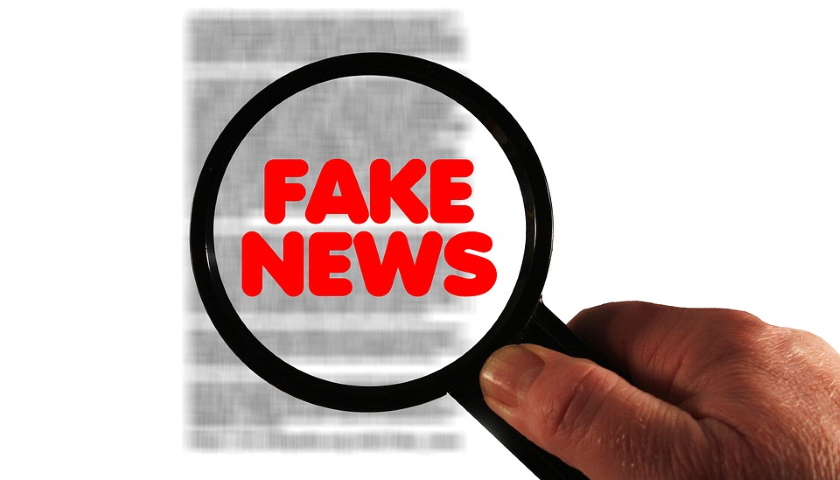Russia’s invasion of Ukraine has marked a new inflection point for social media, and the role that it plays in the modern information ecosystem. Now, after years of dismissals about the influence of social platforms, and how social media trends can drive real world action, we’re seeing faster, more responsive approaches to potentially harmful messaging, which has played a key role in limiting the spread of misinformation, and quashing counter-narratives that have the potential to both erode support and undermine action.
Yet, at the same time, those very same shifts highlight the importance of social platforms as propaganda tools, and how they can be – and have been – used as a means to increasingly control narratives around political and cultural events.
Which begs the question – is it better to have social platforms cut off entirely for certain regions, or does that merely grant more space for government-controlled media to fill those gaps, and dictate messaging as it sees fit?
Of course, none of the platforms themselves have chosen to be cut off – both Facebook and Twitter are reportedly either limited or cut off entirely within Russia at present, due to their refusal to comply with the Kremlin’s demands to stop censoring state-affiliated media. But even so, the lack of outside information sources likely has a massive impact on how Russian citizens perceive the action in Ukraine, with various reports showing that many Russians are indeed in support of Putin’s decisions, despite almost unanimous worldwide condemnation.
Read more: socialmediatoday.com





